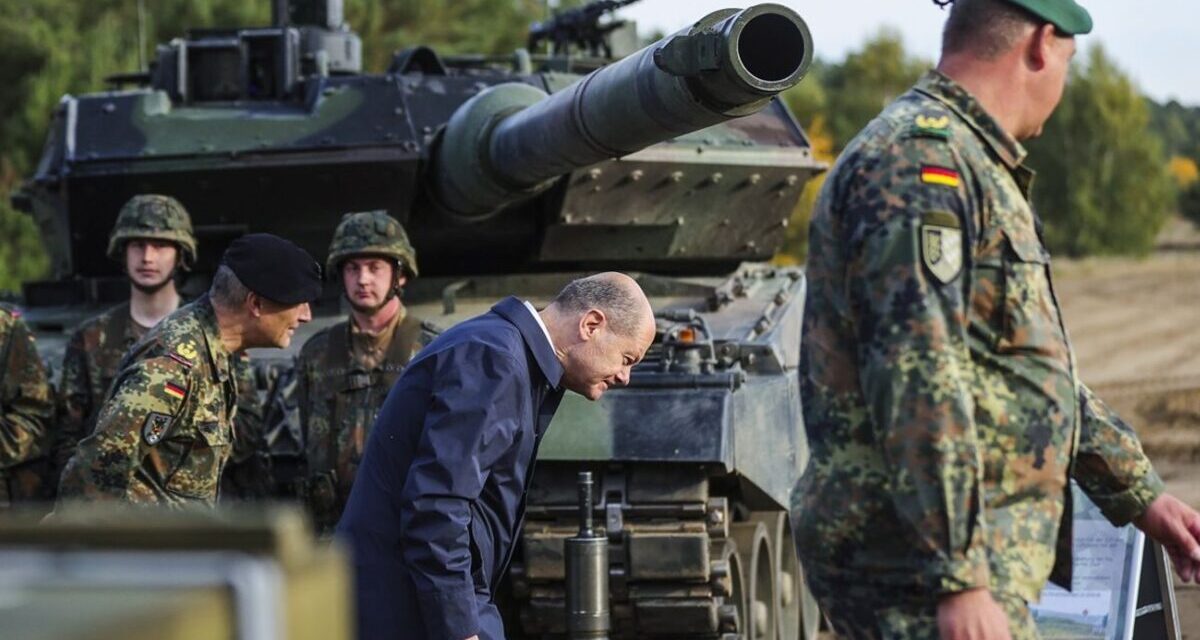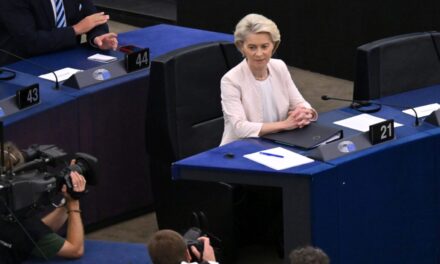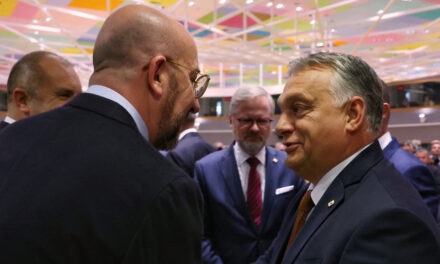Fewer than 40 percent of Germans said they would be willing to defend their country with a gun if it were attacked, a survey revealed.
The Forsa pollster conducted a survey for the German broadcaster RTL Deutschland
59 percent of German adults said they would probably not or definitely not take up arms to defend their country in the event of an invasion or other attack
- this is already written by the Breitbart news portal. The research found that only 38 percent of Germans said they would definitely or probably be willing to fight to defend their nation.
It found that 45 percent of 18- to 29-year-olds and 44 percent of 45- to 59-year-olds would be willing to fight for their country, while only 34 percent of 30- to 44-year-olds said they would be willing to take up arms in the event of an attack. There were also big differences according to political affiliation: supporters of the Greens were the least willing to defend the country with weapons, only 35 percent, while supporters of the center-right Christian Democratic Union (CDU) were the most willing to fight, with 49 percent.
The gap between the sexes was also steep:
men overall were more likely to take up arms in defense of the nation (54%) than women (23%).
We found out that the willingness to defend the homeland is also lower among those with higher education.
The timing of the public opinion poll is interesting, they write: in recent weeks, many war warnings have been received from European politicians.
The German Minister of Defense himself spoke about the need to prepare for a possible war in Europe.
"We have to get used to the idea that there could be a war in Europe. Germany must be able to defend itself. We must prepare for war”
- said the politician already in October last year, in fact, according to him, it should be taken into account that Vladimir Putin may one day even attack a NATO country.
In recent weeks, after French President Emmanuel Macron's statement that the sending of Western troops to Ukraine cannot be ruled out, the state of the armies of European countries is once again receiving more and more attention, they write.
Featured image: MTI/EPA/Friedemann Vogel













